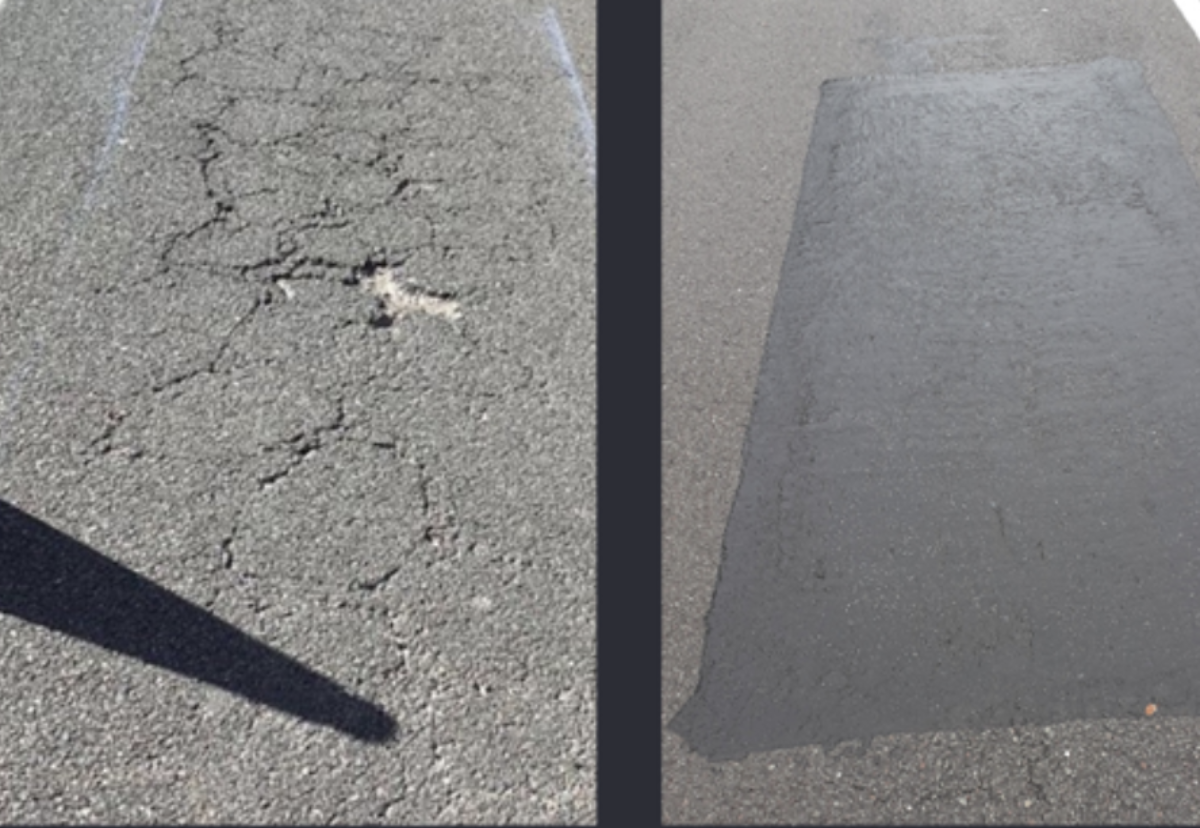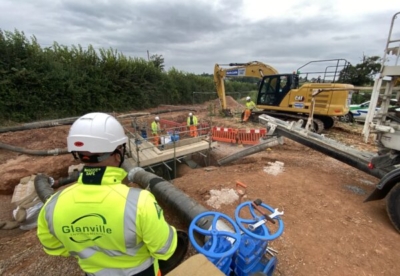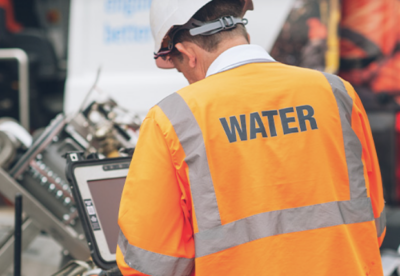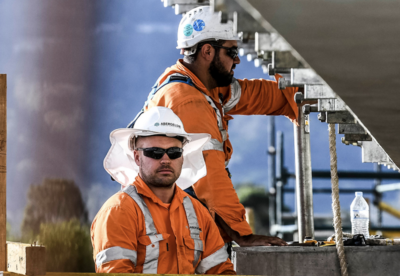Trials by Amey with local manufacturer Roadmender Asphalt have shown the mastic asphalt-based material is hard-wearing and could speed up road repairs significantly.
The materials can be used to repair a wide variety of surface defects in roads and pavements including potholes, cracking and the surrounds of manholes and gullies.
Because of the rubber content, it’s very sticky but flowable when heated up. Once poured into a pothole or crack, it effectively spreads beyond the edges sticking to the surface making it watertight, flowing into cracks and cavities.
Earlier this year, Amey Streets Ahead, Sheffield City Council’s highway maintenance contractor, undertook a trial on one road in Sheffield awaiting repair.
Dave Lawrence, Amey principal operations manager said: “We chose a very challenging road with a significant amount of surface cracking to test out this product.
“We have checked the road regularly since and found that it has done very well. The product’s durability, and the speed with which it can be applied will enable us to make noticeably improved repairs to roads and pavements across Sheffield in the future.”
“There is no doubt that the product is unique but it’s also kinder to the environment too with nine ‘end of life’ HGV tyres to every tonne of material laid.
“Road repairs can be very invasive and taking up the existing surface using heavy machinery often means lengthy road closures. However, this new mastic asphalt material is not only sustainable, it can also reduce our carbon footprint by as much as 96% – based on one tyre per one tonne offsetting carbon footprint by 8%.
“We will continue to monitor the performance of this material on the test site throughout the winter, which will be more challenging, and if all goes well, we hope to use it on specific roads and pavements in the future. “






 May 2025.gif)









































.gif)






